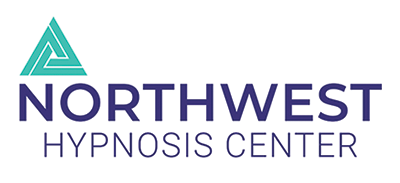Frequently Asked Questions

Hypnosis is a focused state of mind, while your body is generally very relaxed. It is similar to watching a fascinating movie, being captivated by a good book or being reflective
Hypnosis refers to the use of hypnotic techniques. Hypnotherapy is the application of those techniques intended to bring about self-improvement or wellness.
Behavior is affected when beliefs shift. Beliefs shift when you rewire your subconscious mind.
Hypnosis is one of the best ways to quickly, effectively and safely bypass the limits of your conscious mind (which acts as a gatekeeper of information), and gain access to the subconscious mind. This is where the real changes take place.
Behavior is affected when beliefs shift. Beliefs shift when you rewire your subconscious mind.
Hypnosis is one of the best ways to quickly, effectively and safely bypass the limits of your conscious mind (which acts as a gatekeeper of information), and gain access to the subconscious mind. This is where the real changes take place.
Hypnosis works mainly with the subsconscious mind. Changes made in the subconscious happen quickly and sustainably.
Hypnotherapy by-passes the conscious mind’s resistance to new information.
Hypnotherapy can be utilized to help some people become smoke free in as little as two sessions.
Others issues generally take five to seven sessions to achieve your desired results.
After you complete hypnotherapy, you can always schedule an independent session or two to brush up if a new issue arises.
That’s an important question. Your role is to be an active participant in addressing needed changes. It is not a passive role. You do not “go to sleep” and “wake up” differently. You are awake and alert throughout the entire session, partnering with your hypnotherapist to discover root causes of your limiting thoughts or behaviors.
Hypnotherapy is 93 % or more effective after only six sessions compared to traditional therapy, which has a 72% effectiveness rating – after 22 sessions!
Positive Collateral Impact® or PCI is a term I developed to describe the enhanced benefit of hypnosis across behaviors.
The National Guild Of Hypnotists (NGH), recognizes that hypnosis offers a wide range of health-related benefits when focusing on problem areas.
For instance, when you resolve anxiety related to social situations, it may improve or lessen anxiety in other situations too.
When you rewire your mind through hypnosis, you will see yourself and situations more accurately. This rewiring allow you to rethink how you interpret events, which means you will likely be more in control of how you think, feel and behave.
